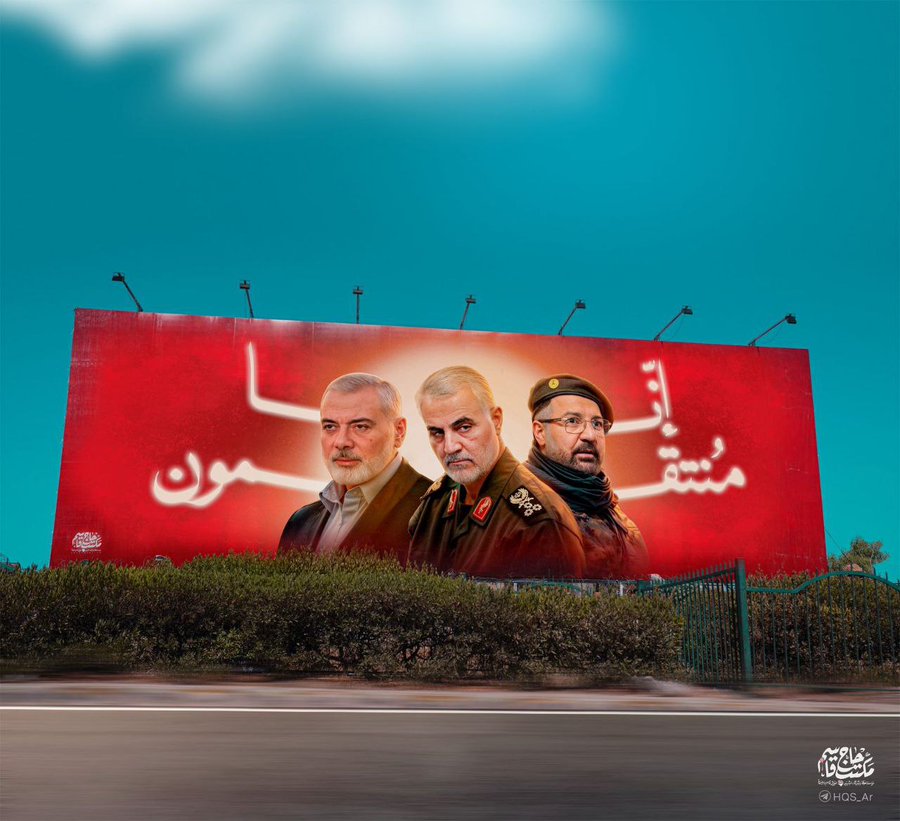In terms of the Muslim religion, Iran and Hezbollah seek to avenge the deaths of Hezbollah’s Chief of Staff Fouad Shuker and Hamas leader Ismail Haniyeh, along with other Shiite affiliates.
The three days of mourning for their deaths have passed, and the two were buried.
It is possible that Iran prefers to bide its time, exacerbating Israel’s anxiety while planning its revenge.
This delay was anticipated by Israel and is part of Iran’s strategy to exhaust Israel.
This strategy involves not only military exhaustion from multiple fronts but also economic and psychological attrition.
Iran aims to prolong the conflict to weaken Israel while avoiding direct harm itself, sacrificing Palestinians and Shiites across various factions to achieve its goals.
Iran is using this time to complete preparations for an attack on Israel.
On August 3, the Lebanese newspaper Al-Akhbar reported that Iran summoned militia leaders from Iraq to Tehran to plan the attack.
Additionally, a special war room was established to coordinate military activity against Israel with all its affiliates in the Middle East, including potential attacks on American bases.
Iran has several reasons for considering a direct attack on Israel:
- The assassination of Hamas leader Ismail Haniyeh in Tehran is seen as a violation of Iranian sovereignty.
- The assassination is perceived as a threat to Iran’s national security.
- It damages Iran’s image as a strong regional power.
- It affects the national honor of the Islamic Republic.
Israeli assessments suggest that Iran has not yet completed its planning and coordination for their response.
An Israeli security official indicates that Iran is exploring ways to penetrate the air defense system that the international coalition will provide to Israel.
The delay tactic allows Iran to better plan and coordinate with its affiliates for an attack on Israel.
Meanwhile, it has launched a campaign of intimidation and psychological warfare through its media and social networks, aiming to instill fear and panic within Israel and harm its economy.
Airlines have canceled flights to Israel, industrial companies are halting operations, the shekel is weakening, exports are falling, and imports are becoming more expensive.
The Israeli economy is on hold, and this situation may persist if Israel does not take the initiative.
While military preparations continue, Iran is engaging in intensive diplomatic activity with the United Nations, the European Union, Russia, China, Jordan, and Algeria, warning that ignoring the need to confront Israel endangers regional peace and security.
Iran is laying the groundwork internationally to justify its planned attack on Israel, claiming that the assassination of Ismail Haniyeh in Tehran was a violation of its sovereignty and accusing the US of sanctioning the attack.
Israel has never claimed responsibility for the assassination of Ismail Haniyeh.




